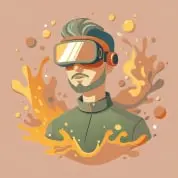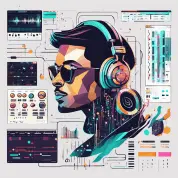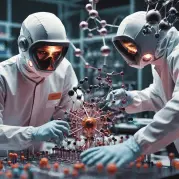
The Art and Science of AI in Script Writing: An In-Depth Exploration
The integration of artificial intelligence into script writing is not just a technological advancement, but a profound transformation of the storytelling landscape. By examining the role, capabilities, and possibilities of AI, we can understand its impact on the creative process and the future of the narrative art.







